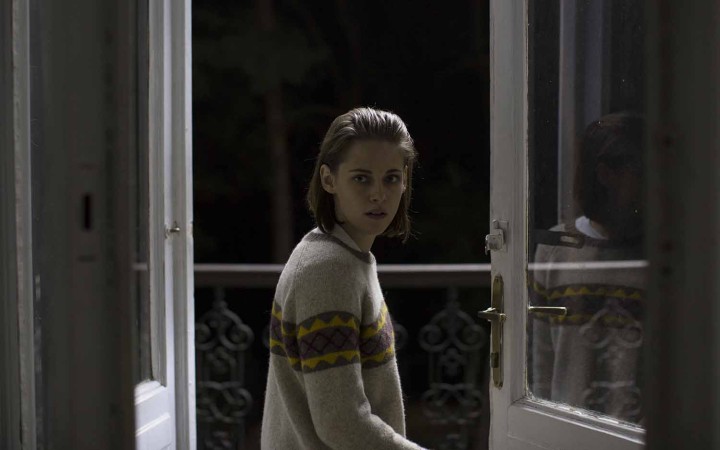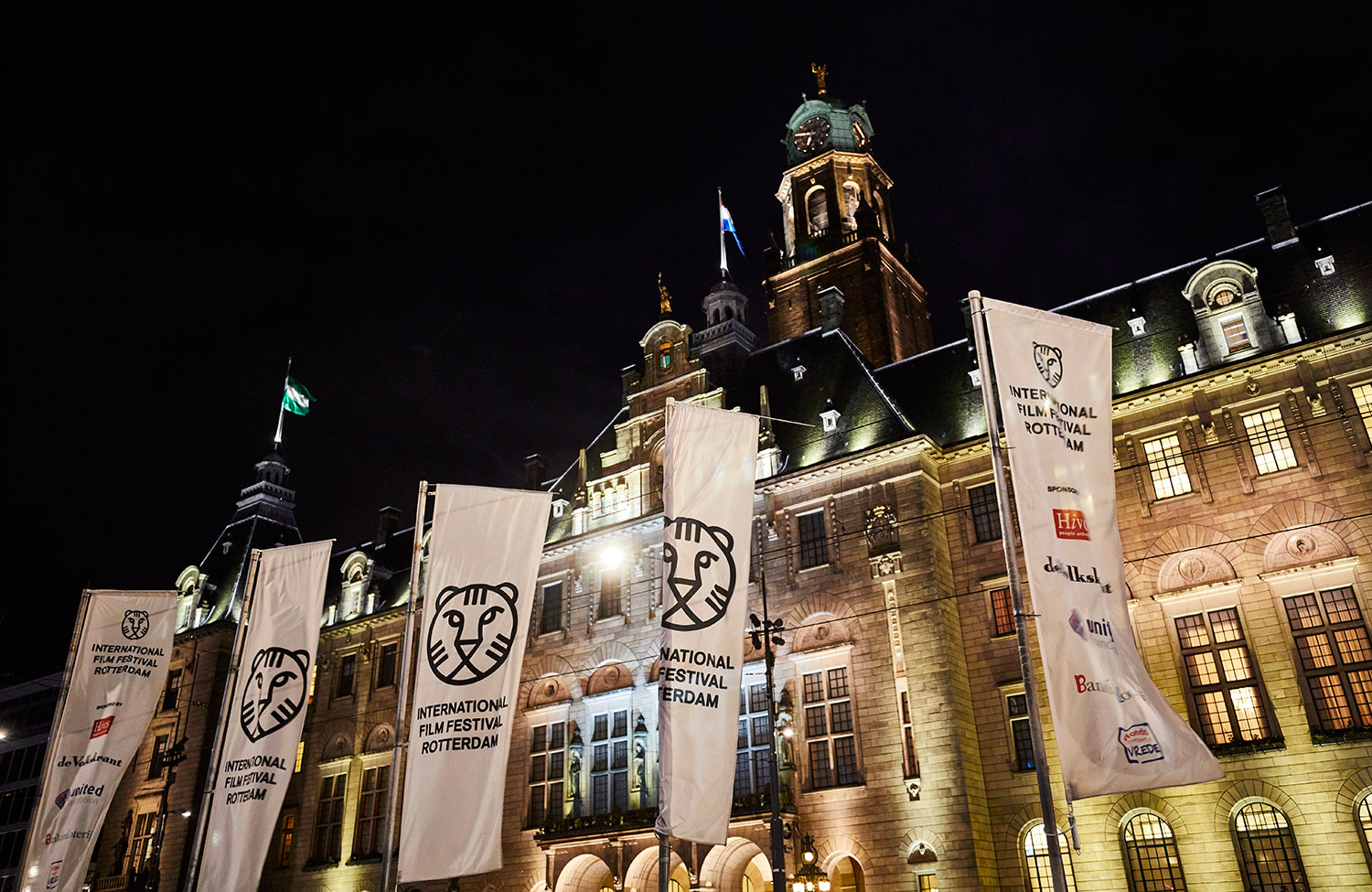People in Toronto are looking at girls. The girls are being digitally projected onto giant screens, where they walk around in different outfits and time periods. It’s the Toronto International Film Festival and it’s unseasonably warm.
In the rising heat, the festival looks more like Los Angeles than ever: outside the Princess of Wales Theatre, pedestrians are herded in lanes of traffic, and La La Land, a Los Angeles–set musical nostalgic for old Hollywood, is going to be the People’s Choice Award winner. For the largely male press corps, the festival this year has the suspiciously engineered taste of a finishing school: every press bag comes with a canister of Axe body spray, and the escalators within the festival’s central megaplex are broken, forcing bedheaded, unexercised reporters up six flights of steps before they can reach the majority of press screenings.
Onscreen the women are in crisis. It’s the year of the actress. Rebecca Hall stalks the halls of a 1970s newsroom in Christine while Sonia Braga whips her hair to the drumbeat of Brazilian moral collapse in Aquarius. Sigourney Weaver, playing a genius surgeon gone rogue, gives Michelle Rodriguez a forced sex change operation in (re)ASSIGNMENT, the only time the Avatar franchise has gotten one over on The Fast and the Furious. Hong Sang-soo’s Yourself and Yours confronts a series of forgettable men with a female protagonist — or is it two or three? Either way, a woman whose identity is mobile. We’re meant to lose track. Confusion, too, can be savored.
So many of this year’s festival favorites are tooled toward earnest political ends that one cherishes the playful moments when movies are about, simply, themselves. During one sequence in Things to Come, French film star Isabelle Huppert’s character goes to a cinema to see the 2010 movie Certified Copy, where she stares up from the audience — at Juliette Binoche. The years coalesce. At the press conference for American Pastoral, a reporter looks straight ahead at Jennifer Connelly while lowering a vape from his mouth and exhaling a cloud of wet.
* * *
The night before the festival I get my hair cut by a twentysomething at a barbershop named after the Kanye West/Jay-Z collaboration album. The barber says he’s Filipino, and he asks if there are a lot of movies playing and if any of them are supposed to be good. “I don’t like to watch the ones with subtitles,” he clarifies, “and no horror.”
Mostly he wants to know about the parties. Any given night of the festival there are the parties. They exist to make credible the one essential party where everyone wishes to be, and where a female editor might now be standing with a foreign director many years her senior. The drunken court. The actresses have already left. The director’s broken English is further broken by the dinning crowd, his sentences limping to their finish. He is reassuring her that several of his films have shown here, elsewhere too, does she need another drink? Has she seen anything that struck her?
She is still young, she thinks. There are things about his life that would surprise or even disgust her. Tonight she is the only one watching as, on his way out of the party, he trips over a rumpled mat and through the revolving door.
* * *
In Personal Shopper, the celebrity Kristen Stewart plays Maureen, the assistant to a celebrity. Like Bella Swan, Maureen is a mortal girl with immortal desire: in this case, to communicate with her recently deceased twin brother. Stewart’s background in Twilight is enriching; Personal Shopper is an afterimage held up to the familiar one, certain key but subtle elements erased. It’s a magnificent performance. It reminds us that every movie screen is a palimpsest at the center of its own world. Today’s Sully will be tomorrow’s Storks.
Elsewhere, Natalie Portman-as-Jackie Kennedy teeters around the White House in 1963 with gin splashing in a cut-glass tumbler. The theater for Jackie is packed and reverent; days into the festival, word is already circulating that she’ll be nominated for another Oscar. Jackie cannily analogizes our experience of Natalie Portman performing Jackie Onassis to the real Jackie’s performance of First Lady in Mourning. Jackie’s veiled funeral march down Pennsylvania Avenue becomes Natalie’s march to the podium after winning Best Actress for Black Swan, and vice versa. “When men see me now, what do you think they feel?” Natalie-as-Jackie asks, knowing that she’s about to find out.
Arrival doesn’t wonder at all what a man feels: imagine your dad renting Independence Day and discovering that it was made for your mom. Director Denis Villeneuve’s last two, Prisoners and Sicario, also played at Toronto, and together with Arrival form an unofficial moral trilogy: Moral Anger, Moral Confusion, and now, Moral Love. The kind of movie Arrival seems to be is carefully stripped away in the third act, until all we’re left with is Amy Adams herself, suspended in an amniotic voiceover. The subtraction is staggering. We’re surprised to still be in the room with her.
And then we’re not. Arrival ends and the audience spills directly into the street, where anti-pipeline protesters have gathered to picket the world premiere of Deepwater Horizon. The two crowds merge into a gauntlet of limbs, pushing toward an unseen escape route. When I’m released I notice that I still haven’t caught my breath. I’ll need it back, but I’m in no rush.



